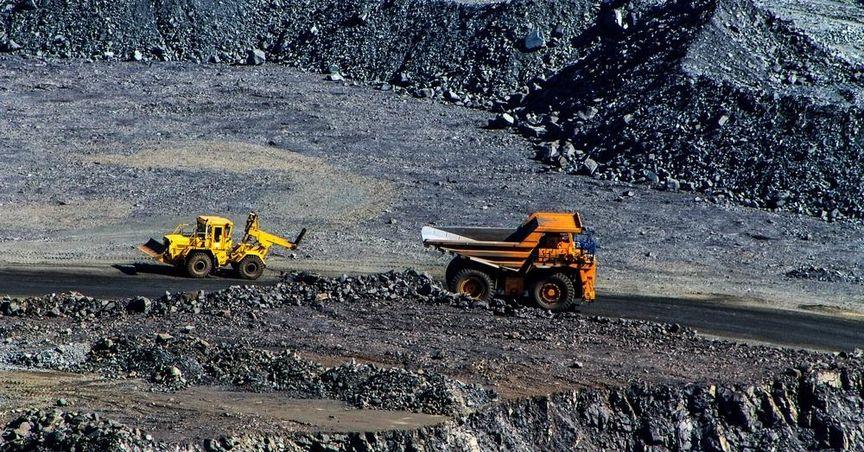Jubilee Metals (LSE:JLP), a diversified metals producer with operations in Zambia and South Africa, has announced significant progress in implementing its Copper Strategy in Zambia. This strategy aims to establish an initial processing capacity of 25,000 tonnes of copper annually, leveraging two key operational sites: the integrated Sable Refinery and the upgraded Roan Concentrator.
Central to the success of this strategy has been securing a stable power supply, a challenge that has historically plagued operations in Zambia. Jubilee is pleased to report that it has successfully implemented a power purchase agreement with Lunsemfwa Hydro Power Company (LHPC), which commenced on September 18, 2024. This agreement ensures uninterrupted power delivery to Jubilee's operations, utilizing 100% renewable energy to meet the demands of all its processing plants.
Recent developments highlight the operational advancements at the Roan Concentrator, where the front-end module has achieved its design capacity. Operations have officially transitioned to the Roan operational team, signaling a major step forward. Concurrently, Munkoyo open-pit operations have begun ramping up, with a target of 15,000 tonnes of run-of-mine ore per month. This includes 5,000 tonnes of high-grade copper ore, which will be transported directly to the Sable Refinery, while lower-grade copper ore will be stockpiled for future processing.
In November 2024, Jubilee plans to initiate a commercial trial on a large Waste Rock project, which consists of over 260 million tonnes of surface rock. This trial will process 15,000 tonnes through Roan's front-end module as part of the final due diligence review.
To achieve the targeted processing capacity of 25,000 tonnes of copper per year, both the Roan Concentrator and Sable Refinery are undergoing upgrades. The Roan Concentrator's upgrade is now complete, allowing for continuous operation at a design throughput of 45 tonnes per hour. This capability positions Roan to process both historically mined low-grade stockpiled material and new material simultaneously, with a combined capacity of up to 13,000 tonnes of copper annually.
The planned enhancements at the Sable Refinery are the final step towards reaching the processing target. These upgrades include the commissioning of a second tank house for copper cathode plating, which will enable the production of copper sulphide concentrates and copper cathode, reaching a combined output of 16,000 tonnes per year. With a capital investment of $9 million, this upgrade is expected to be fully integrated within the next ten months.
Jubilee recently acquired a 95% interest in the Munkoyo mine, located 55 kilometers from the Sable Refinery. This mine is developing an open-pit operation to access near-surface weathered copper reefs, with operations beginning in July 2024. The goal is to ramp up to 15,000 tonnes per month of run-of-mine ore by December 2024. Current resource drilling programs aim to potentially increase this production rate to between 20,000 and 25,000 tonnes monthly.
Additionally, Jubilee is evaluating a second open-pit mining operation, known as Project G, with a decision expected by the end of September 2024. This project could initially achieve a mining rate of 10,000 tonnes per month by February 2025, with a focus on processing lower-grade copper reef material through a regional processing hub.
Jubilee is also advancing discussions on two additional open-pit mining opportunities, reinforcing its commitment to optimizing Sable's refining capacity. The company has set a target to achieve full utilization of the Sable Refinery by December 2025.
The processing of low-grade stockpiled material from historical mining operations has commenced at Roan, producing a high-grade copper concentrate that exceeds 10% copper content. The Jubilee technical team is currently assessing various metal extraction techniques to optimize this process, with a semi-commercial trial scheduled for February 2025.
The company has secured rights to a significant Waste Rock Project and is conducting extensive due diligence to confirm the project's feasibility. This includes various sampling campaigns and test programs, with a due diligence extension granted until November 6, 2024, to complete comprehensive trials.





